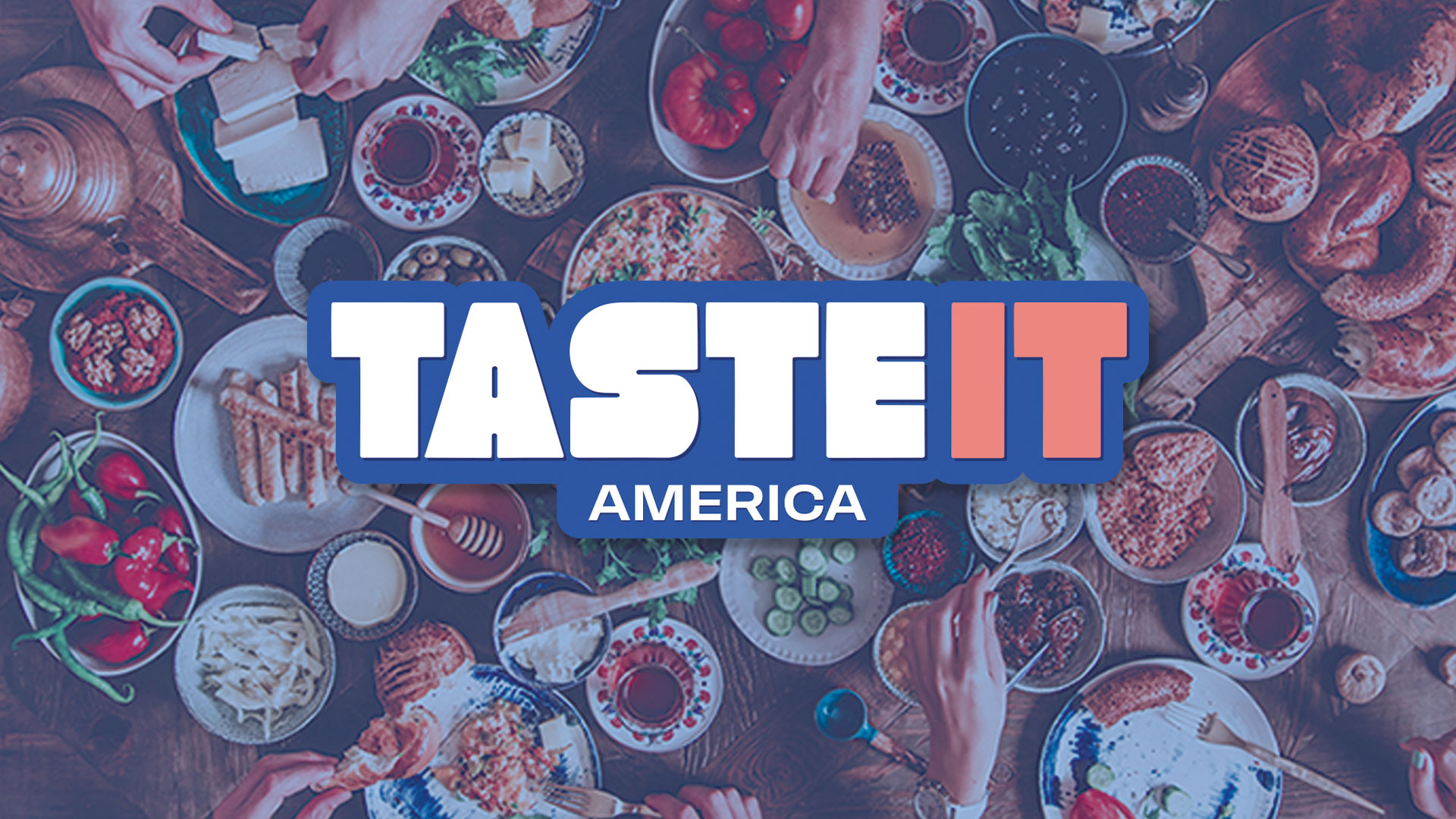Four men and a business have been convicted in England after diverting meat unfit for human consumption back into the food chain.
Three men pled guilty, and one man and his business entered not guilty pleas at the Inner London Crown Court following an investigation by Southwark Council and the Food Standard Agency’s (FSA) National Food Crime Unit (NFCU). The investigation was called Operation Bantam and it began in 2020.
Mark Hooper, Azar Irshad, and Ali Afzal entered guilty pleas for their involvement in food crimes. The fourth defendant Anthony Fear, director of Fears Animal Byproducts, entered not guilty pleas for himself and his business and elected to stand trial.
The trial lasted more than 11 weeks. In March, the jury found both Fear and his business guilty of conspiracy to defraud by placing unfit food on the market. The next hearing will be at the end of April with sentencing to follow at a later date.
Complex investigation
Hooper, a manager at Fears Animal Byproducts, pleaded guilty to conspiracy to defraud by placing unfit food on the market.
Irshad pleaded guilty to conspiracy to defraud, failure to comply with food safety and hygiene regulations relating to unapproved premises, and placing unfit food on the market — smokies, out of date beef burgers, and illegally diverted Category 3 animal by-products.
Afzal pleaded guilty to failing to comply with the regulation relating to unapproved premises.
“These five convictions have been secured following an extensive investigation led by the NFCU which required meticulous examination of large volumes of evidence. It is anticipated that in due course the sentencing will reflect the serious nature of this offending and will act as a deterrent to other bad actors in the food chain,” said Andrew Quinn, head of the NFCU.
The court heard evidence of a complex investigation that started when Southwark officers found 1.9 tons of Category 3 animal by-products, which included whole and cut chickens, smokies, lamb’s testicles and beef burgers, in an illegal meat cutting plant in London and being processed for sale into the human food supply chain.
Between June and September 2020, the group diverted poultry and meat classified as animal by-product into the human food chain. Once meat is classed as an animal by-product, for food safety reasons it cannot be placed back into the human food chain.
The investigation started in March 2020 after Southwark Council’s food safety team received a report from the NFCU regarding suspicious illegal food activity. Officers eventually gained access in September 2020, when an entry point to the suspected unit was identified.
Officers found a door obscured by stacked boxes, which led them to a cutting shop where workers were found actively cutting, skinning, washing, and portioning raw poultry intended for sale and distribution. The premises was filthy, lacking hot water, and proper hygiene facilities. It was also established that the site was not registered for food preparation.
Products meant for pet food
The NFCU enquiries traced the animal by-products back to legitimate food businesses who said the meat products had been sent to Fears Animal Byproducts in Somerset for manufacture into pet foods or for disposal.
Labels on lamb’s testicles and beef burgers were traced to a company called Keepak while the labels on the chicken were traced to 2 Sisters Food Group. Both companies confirmed that the meat or poultry was categorized as category 3 animal by-product.
Evidence was then pieced together following analysis of large volumes of communications data and other information that demonstrated the relationships between the four accused men.
Trading standards officers from Devon, Plymouth, Somerset and Torbay, seized evidence showing Fears Animal Products had been contracted by Kepak and 2 Sisters Food Group to collect animal by-products and transport them to Saria, a pet food producer.
“These violations highlight the blatant disregard for food safety laws that protect public health – all for profit. Consumers who unknowingly purchase and consume these products are exposed to potential health hazards. We will not tolerate such reckless and deceitful behavior and no matter how long it takes; we will use all our available powers to bring criminals to justice,” said Natasha Ennin, from Southwark Council.
(To sign up for a free subscription to Food Safety News, click here.)


